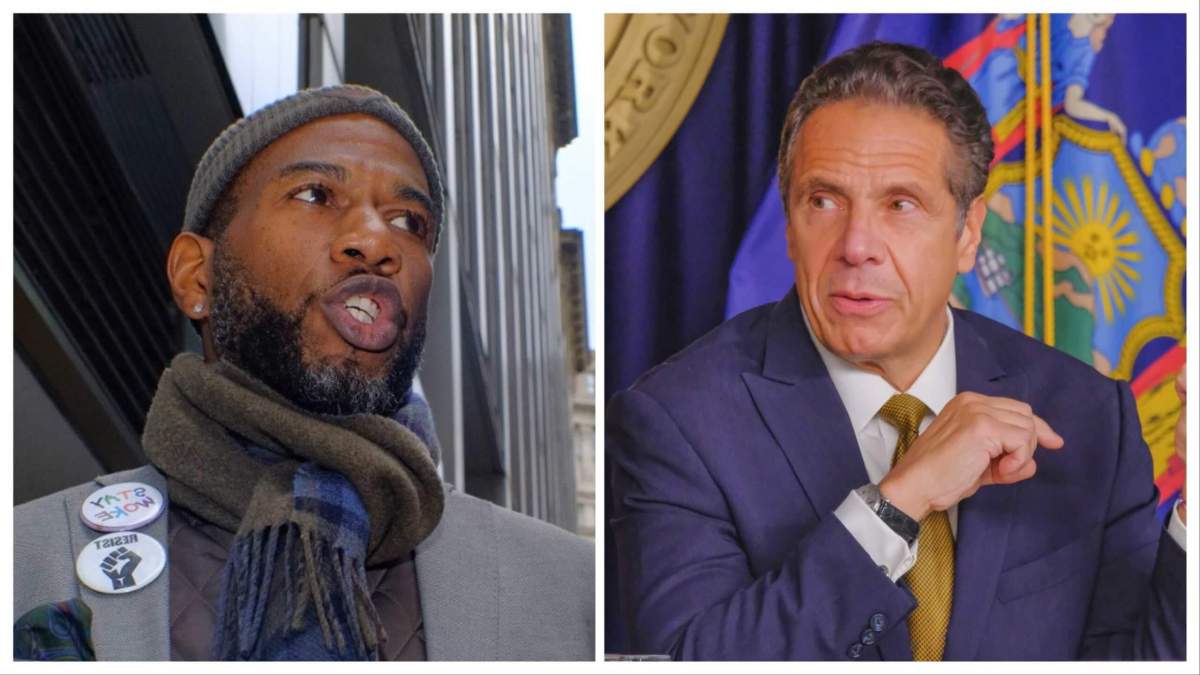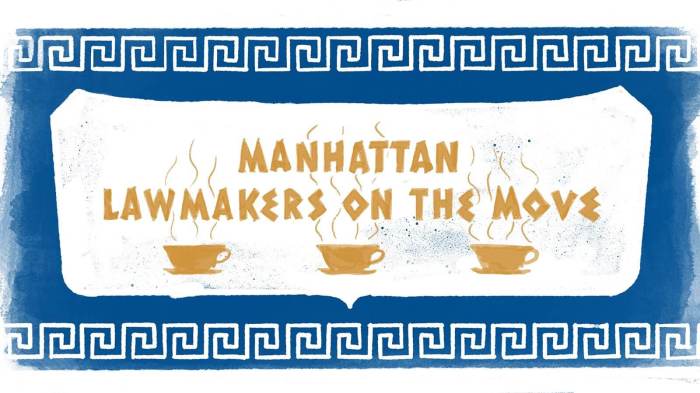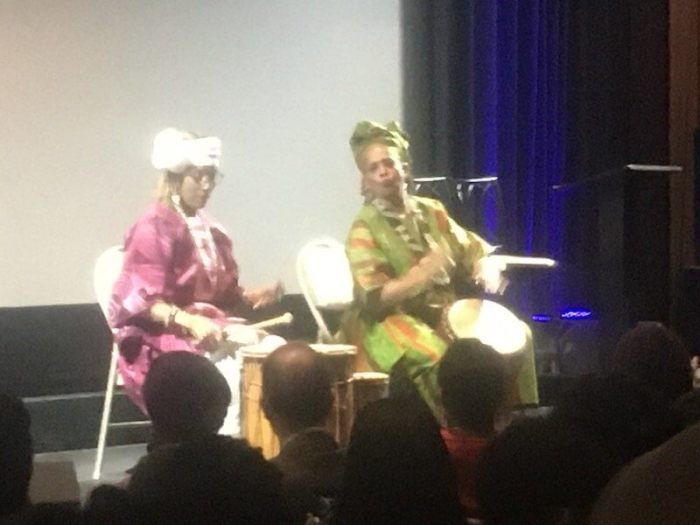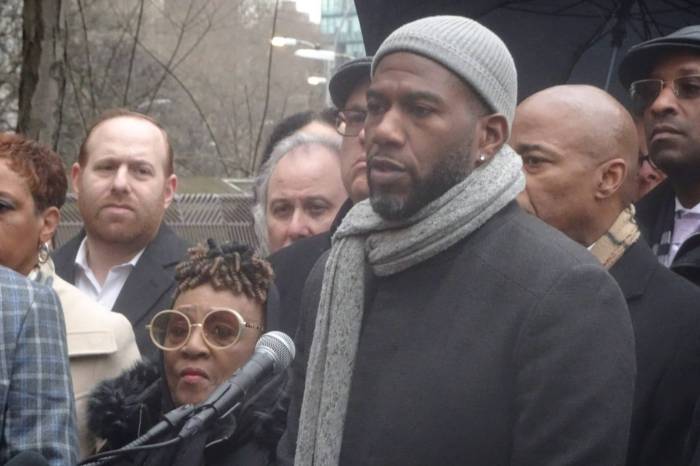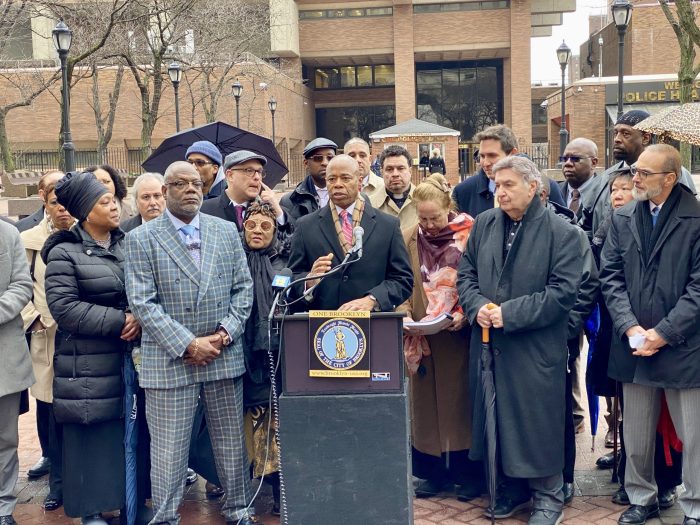Public Advocate Jumaane Williams’ lawsuit against the Cuomo administration challenging an executive order to reduce ballot petition requirements due to the COVID-19 pandemic was thrown out of court Tuesday.
Instead, the plaintiffs would prefer if there the petition process was canceled altogether for public health purposes.
A state Supreme Court Judge Frank Nervo tossed case on Feb. 23, essentially calling the suit unnecessary and reinforcing the place of election law within the authorities of the governor, especially after a March 14, 2020 executive order signed with the intent to slow the spread of COVID-19 early on in the pandemic prior to the June 2020 Democratic primaries.
“To the extent that plaintiffs ask this Court to direct a co-ordinate branch of government exercise its lawful duties — directing the legislature and executive further modify the Election Law — such request violates the separation of powers,” the temporary injunction read. “It is beyond cavil that the legislature’s modification of the Election Law, as signed into law by the Governor, reducing the number of signatures required in petitioning for public office are questions of judgment. This Court cannot and will not direct a coordinate branch of government to exercise discretionary power reserved to it.”
The March 14 executive order reduces the number of petition signatures required by the candidate in their district to 30% of the official state requirement. This means that those running for congress would only need 375 signatures rather than 1,250, state senate candidates would be required to collect 300 signatures as opposed to 1,000 and assembly candidates would only need to collect 150 signatures compared to 500 statutory threshold.
In January, Cuomo signed legislation the reduced the amount of time candidates have to file the petitions signatures by two weeks while keeping the reduced number of John Hancocks needed, by most counts making the March executive order permanent.
Filed in the wake of the controversy over the underreporting of nursing home deaths, as revealed by state Attorney General Letitia James, Williams’ lawsuit is part of a larger movement to challenge the power collected by the governor over the course of the pandemic.
About 100 people, including Queens Councilman Jimmy Van Bramer, have spoken out in favor of the lawsuit or joined in officially as plaintiffs.



